Em abril, a NESsT - IKEA Social Entrepreneurship CEE Accelerator realizou seu primeiro evento presencial de meio termo, reunindo empreendedores sociais do portfólio da Polônia e Romênia, mentores de negócios da IKEA e do conselho do Programa NESsT Polônia e gerentes do portfólio da NESsT .
Discussões com consultores estratégicos
"O evento foi animado com uma quantidade incrível de energia que preencheu todas as salas. Uma palavra que sempre voltava a ser mencionada era 'inspiração'." - Tirza Voss, Empreendedorismo IKEA
Durante dois dias, abrimos diálogos sobre economia circular e agricultura sustentável, refletimos sobre as lições aprendidas na primeira metade do programa e traçamos metas para a próxima fase.
"As pessoas precisam compartilhar e sentir que não estão sozinhas. Pudemos ver seus produtos [das empresas sociais], ver exatamente o que estão fazendo e ouvir suas histórias." - Ioana Samoil, representante nacional da NESsT na Romênia
A colaboração com empresas sociais permite que as empresas inovem, ampliem seu alcance em diversas cadeias de valor e bases de clientes e adquiram conhecimento sobre estratégias sustentáveis.
"Trabalhar em conjunto com empreendedores sociais apaixonados por criar mudanças positivas traz novas perspectivas quando fazemos a transição de volta ao mundo corporativo. Testemunhar suas abordagens inovadoras demonstra o impacto transformador que pode ser alcançado, moldando e influenciando a todos nós", disse o mentor, Jarek Kowalski, Managing Director, IKEA Purchasing Services Romania.
Apresentação do fundador do Atelierul de pânză
Empresa do portfólio da NESsT Romênia Atelierul de pânză (ADP) produz produtos têxteis reciclados. Durante as sessões de destaque empresarial realizadas no retiro intermediário, os fundadores da ADP compartilharam como o acelerador os ajudou a desenvolver uma plataforma on-line que promove e vende produtos sustentáveis - todos eles feitos por pequenos produtores marginalizados ou organizações que trabalham com grupos excluídos.
Atualmente, a ADP fornece produtos de 11 desses produtores, apoiando 82 indivíduos de origens desfavorecidas.
No segundo dia, as discussões em mesas-redondas exploraram novas maneiras de promover a circularidade e a agricultura sustentável para acelerar o crescimento dos negócios, bem como as metas sociais e ambientais. Um exemplo é a ALTRNTV (anteriormente conhecida como "Atelier Merci").
Essa loja de moda consciente recém-inaugurada está contribuindo para a economia circular na Romênia e, ao mesmo tempo, ajudando indivíduos marginalizados a encontrar trabalho de qualidade. A ALTRNTV vende não apenas seus próprios produtos, mas também roupas e acessórios feitos à mão por artesãos romenos de comunidades rurais.
Desde que entrou para o programa de aceleração, a empresa social melhorou a vida de 175 beneficiários, 94% dos quais são mulheres marginalizadas.
Como as empresas sociais se beneficiam do suporte de aceleração personalizado
Sabemos que não estamos sozinhos - estamos juntos nessa jornada empreendedora.
- Jarek Pilecki, Cooperativa Arte Social
Como parte do retiro de meio termo, os empreendedores sociais tiveram discussões estratégicas individuais com especialistas da IKEA e do Conselho do Programa NESsT Polônia para abordar os desafios atuais de negócios adaptados ao seu estágio de crescimento.
"Sinto que temos uma sabedoria de grupo que permanece conosco; não esqueceremos as conexões que formamos."
Reunião dos cofundadores da Heca Coop com mentores
Targ Pietruszkowy é uma empresa social que faz parcerias com agricultores locais para levar seus produtos orgânicos diretamente aos clientes de Cracóvia por meio de mercados agrícolas quinzenais e uma loja on-line.
Representante da Targ apresentando produtos
A mentora IKEA , Bogna Czeska, trabalhou em estreita colaboração com a empresa para preparar os empreendedores sociais para as próximas reuniões cruciais com as autoridades locais. Com o apoio de outro mentor IKEA , Jakub Swidzinski, e dos gerentes de portfólio da NESsT , a equipe da Targ mapeou os principais pontos de ação para aumentar a visibilidade dos produtos de alimentos orgânicos da empresa e expandir o segmento de comércio eletrônico da marca - uma estratégia que já mostrou um aumento de 15% nas vendas em comparação com o ano anterior, em meio a uma crise econômica e alta inflação.
Filip Wadowski, Diretor Nacional da NESsT na Polônia
"Priorizamos o apoio de longo prazo aos empreendedores, fornecendo-lhes estabilidade durante essa fase crucial de crescimento e opções de financiamento em termos flexíveis que seriam um desafio para eles obterem por meio dos canais convencionais do mercado." - Filip Wadowski, diretor nacional da NESsT na Polônia
Exemplos de suporte comercial que os empreendedores receberam:
Equilíbrio entre lucro e propósito: desenvolvimento de um modelo de negócios que alinhe as metas financeiras com uma missão orientada para o impacto, garantindo fontes de receita sustentáveis e medindo efetivamente o impacto social e ambiental
Mudança nos modelos de negócios: eventos globais, como a COVID-19 e a guerra na Ucrânia, exigem que as empresas sociais se adaptem às cadeias de suprimentos interrompidas - "Precisamos de ajuda para aproveitar as mudanças nos comportamentos do mercado", comentou Mariusz Godlejewski, da Fundacja Studio M6
Garantir financiamento externo e "saber como gastá-lo da melhor maneira", como disse um empreendedor social presente: as empresas sociais do "meio perdido" enfrentam dificuldades para levantar capital e muitos investimentos exigem retornos comerciais
Obtenção e retenção de talentos: contratar e acomodar conscientemente grupos marginalizados, incluindo refugiados, e desenvolver de forma sustentável equipes diversificadas e inclusivas com forte taxa de retenção em áreas com escassez de talentos significa investir tempo e dinheiro em treinamento e serviços essenciais de apoio
"As empresas sociais estão na vanguarda da mudança em nossas comunidades locais, mas precisamos do apoio de organizações globais como NESsT e IKEA para nos ajudar a levar nossa mensagem adiante. "
Conheça os participantes:
NESsT e a IKEA Social Entrepreneurship lançaram o Central and Eastern Europe Accelerator em 2021 para alavancar o potencial do empreendedorismo social na região para enfrentar desafios críticos. Atualmente, o programa apoia oito empresas sociais sediadas na Polônia e na Romênia.
Altrntv (anteriormente Atelier Merci), Arte Social Cooperative, Atelierul de pânză (ADP), Heca, Helyénvaló, ROMO, Fundacja Studio M6e a Fundacja Targ Pietruszkowy
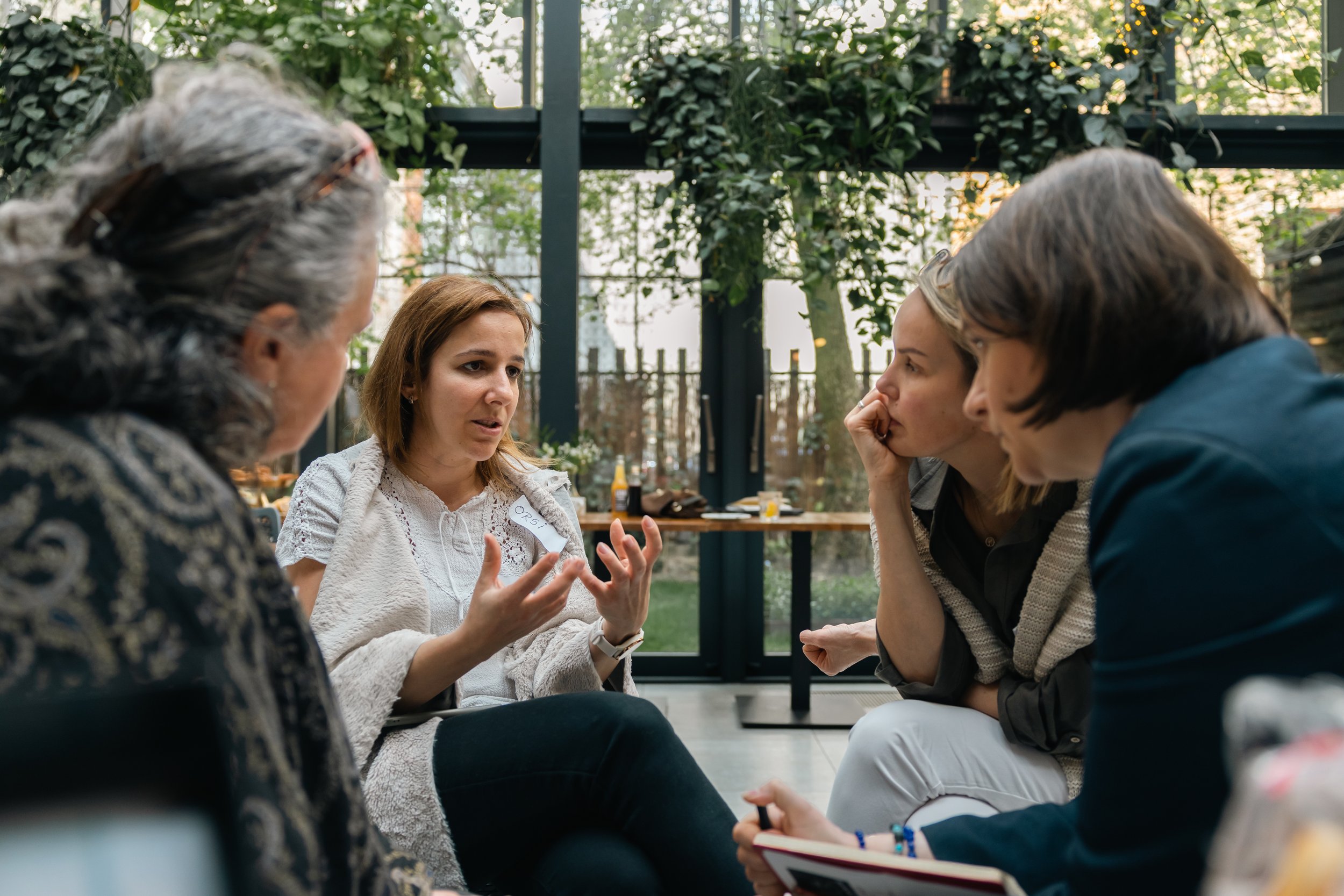
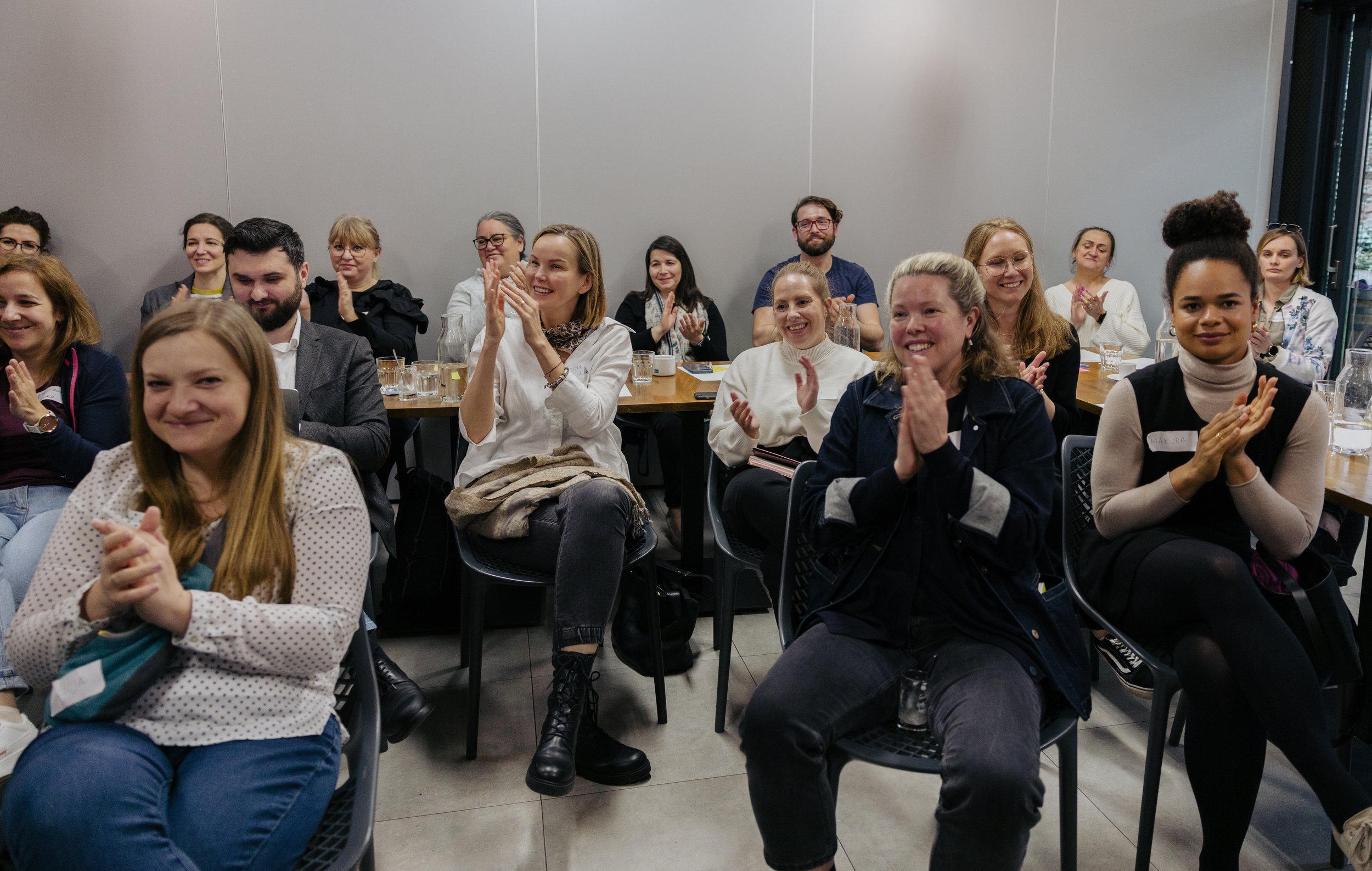
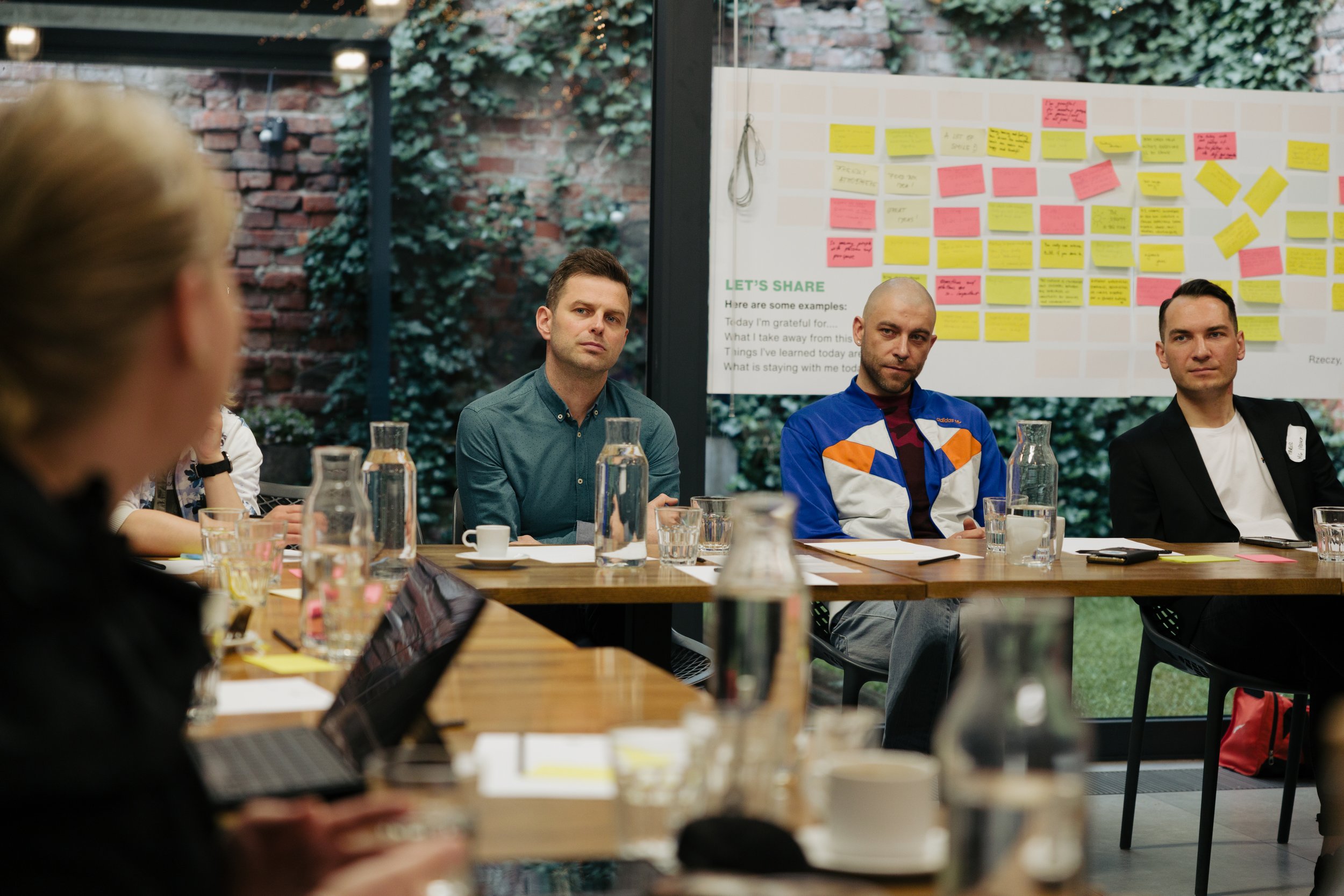
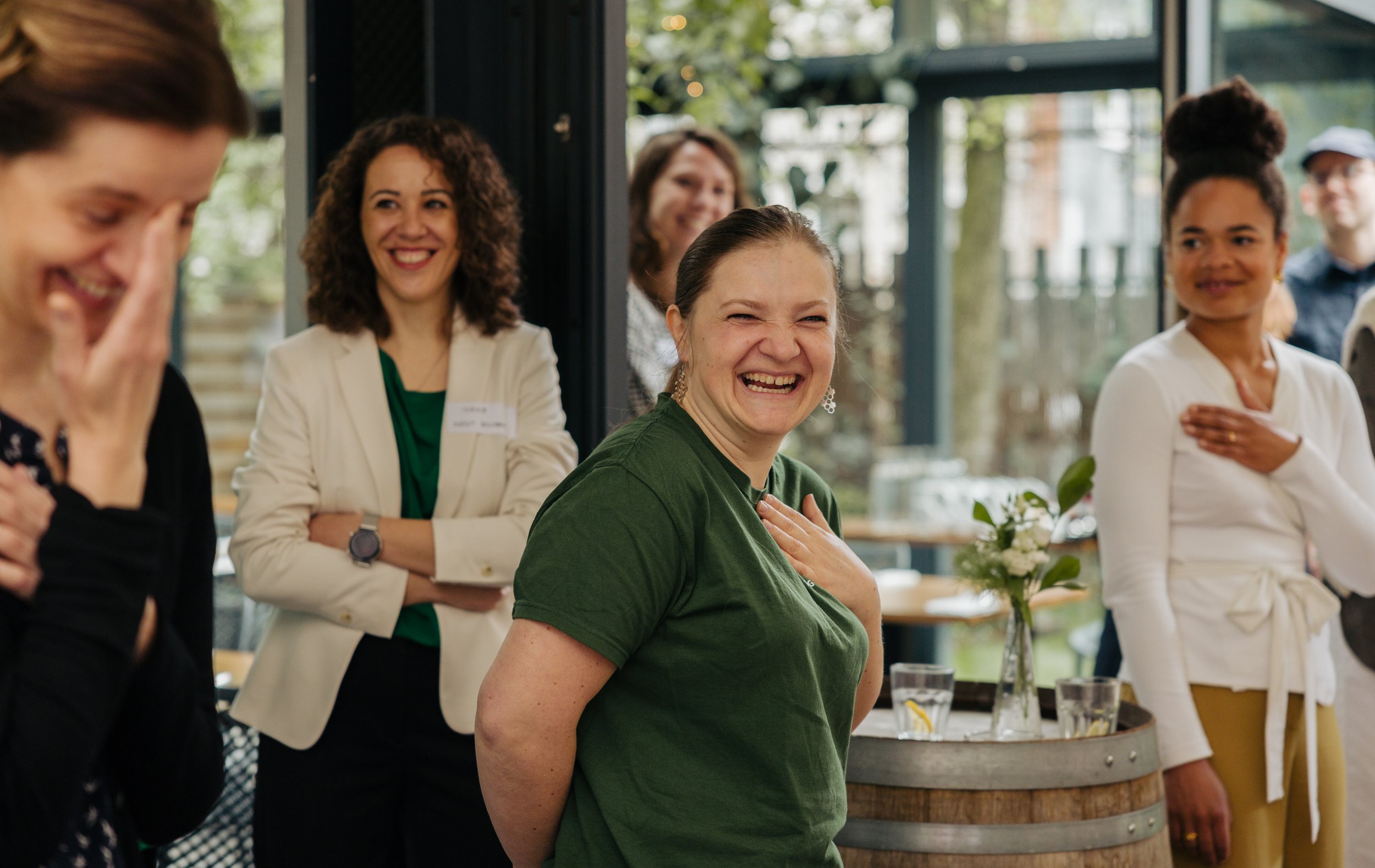
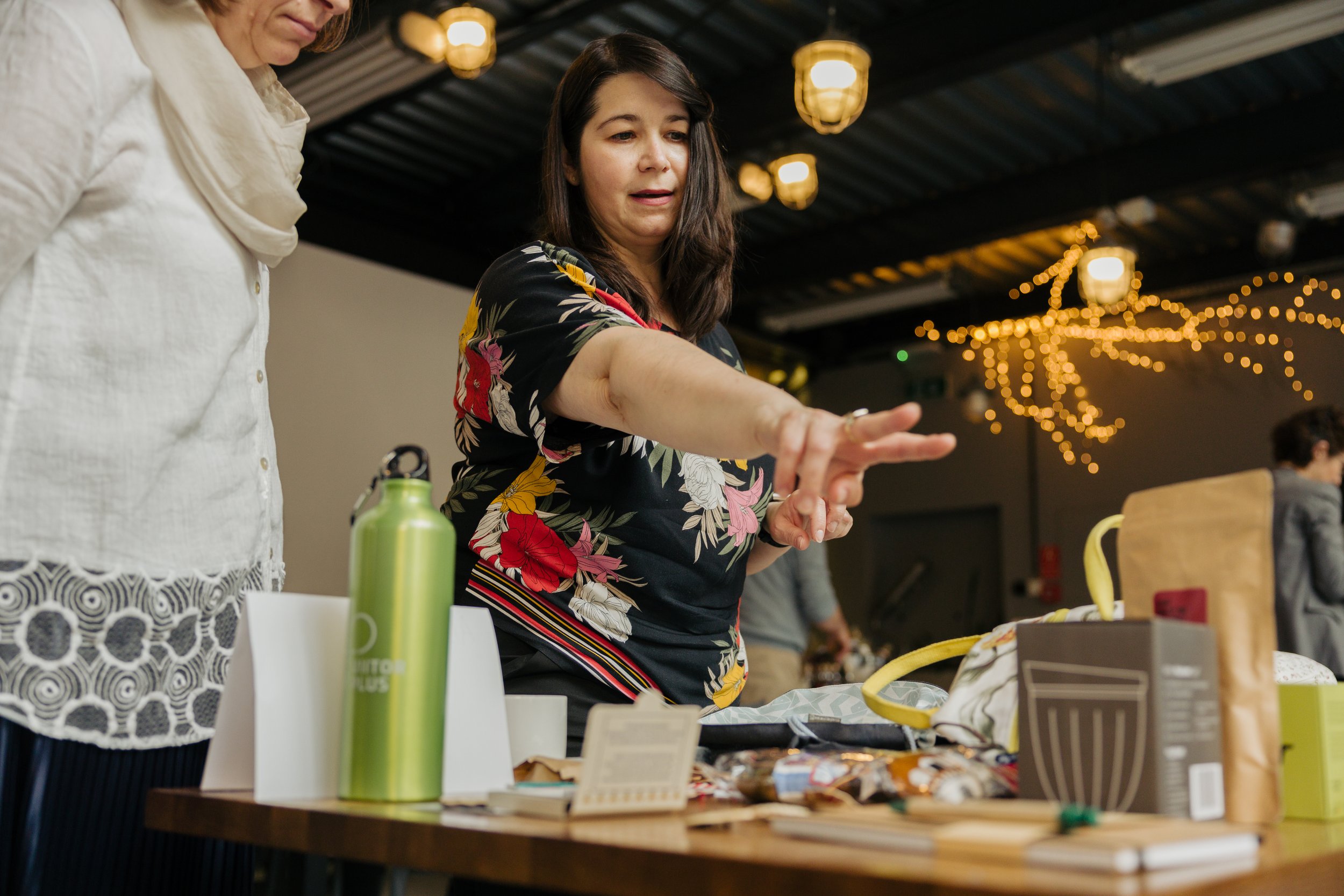
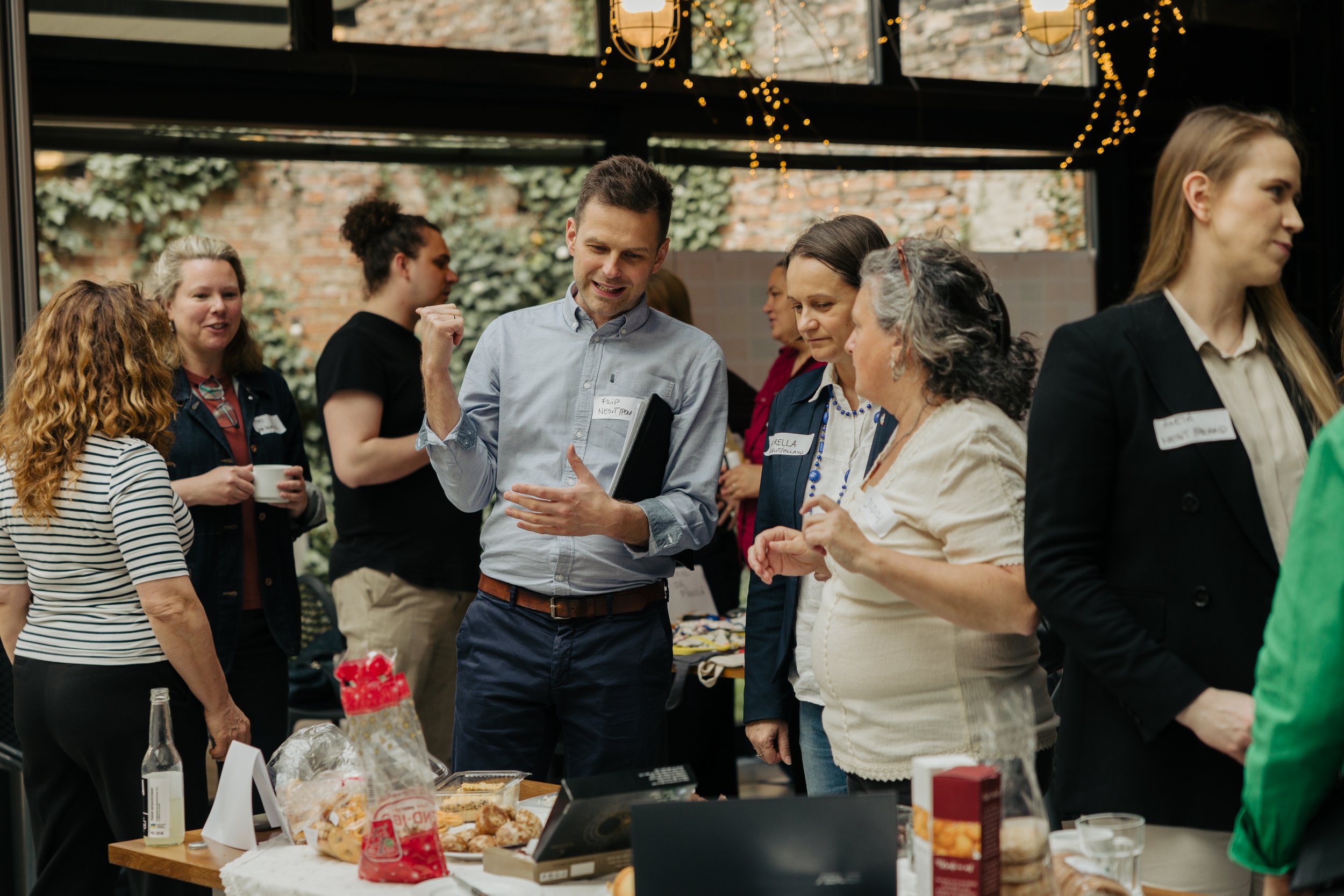
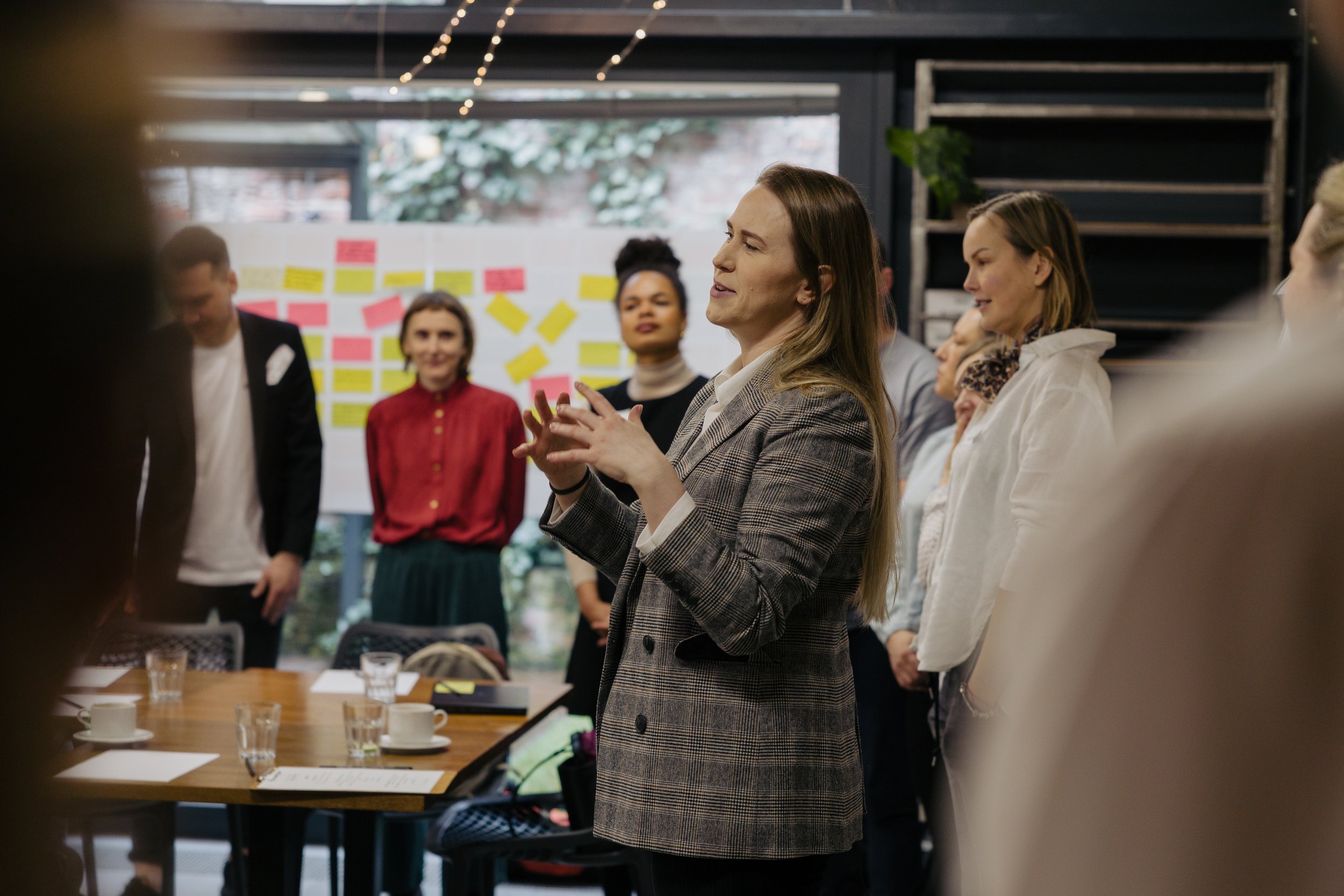
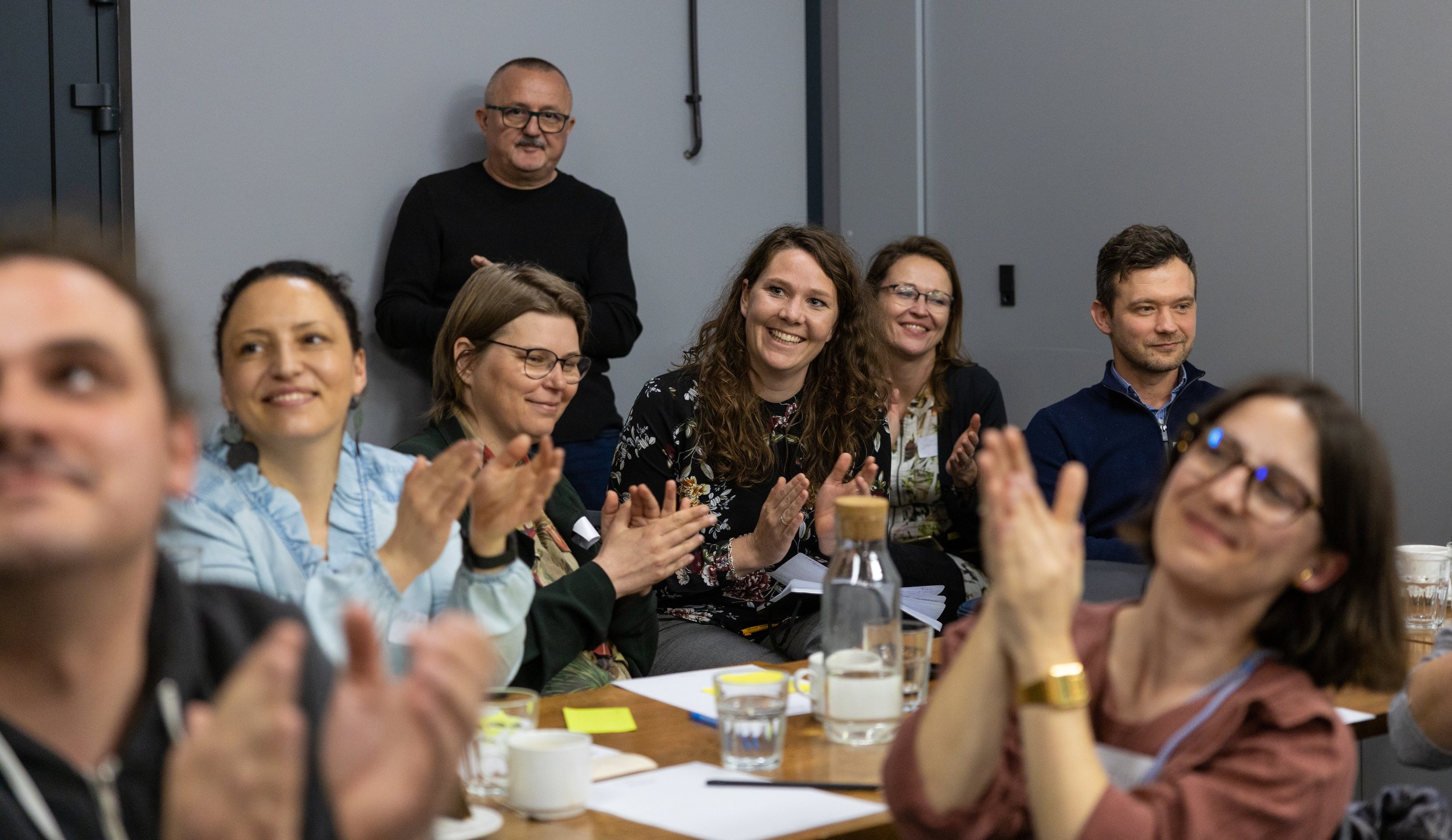
Assista ao vídeo do evento!








